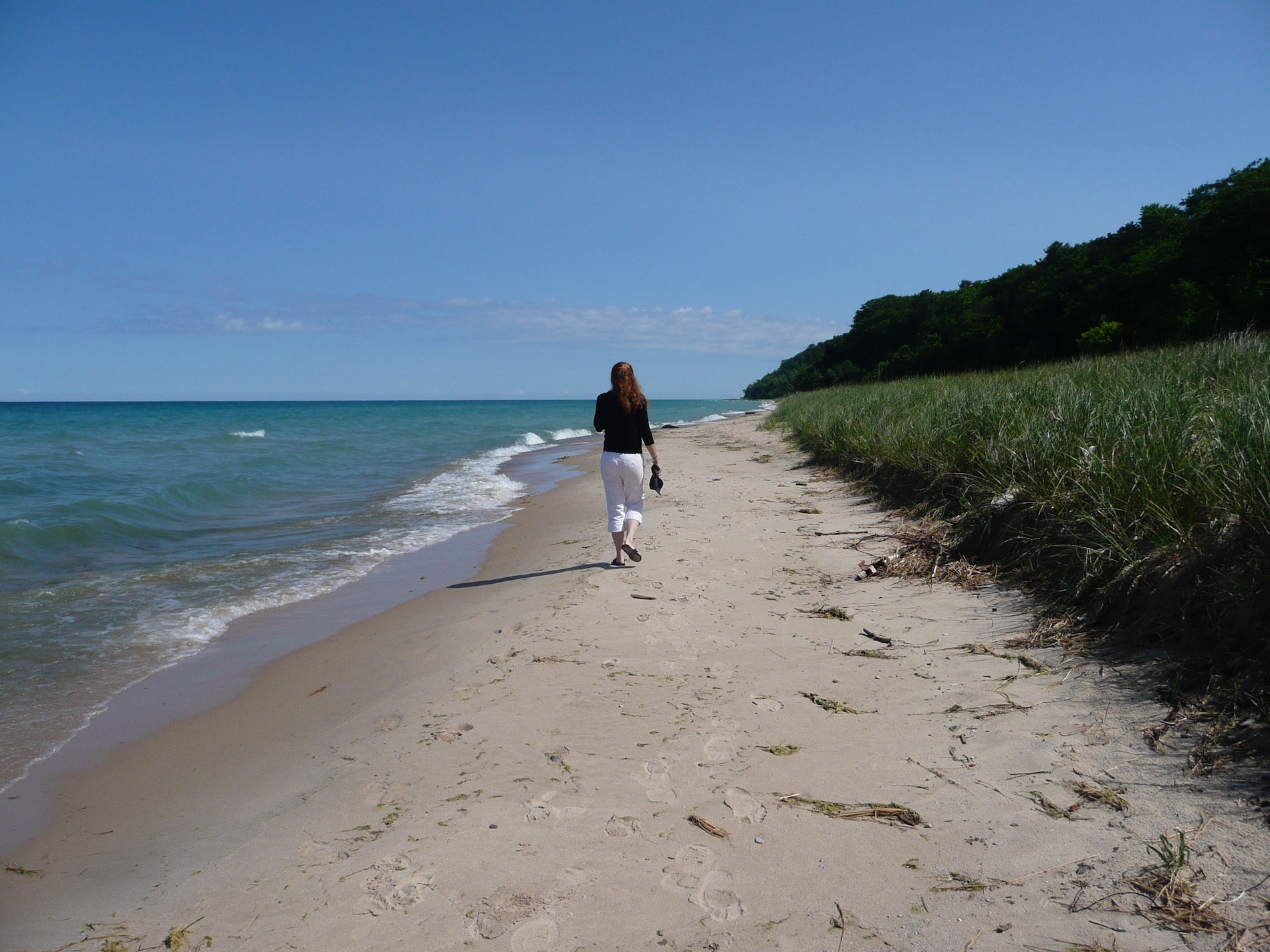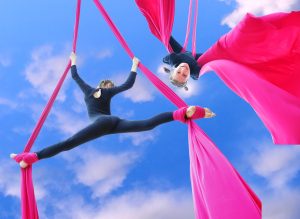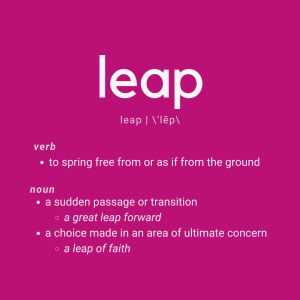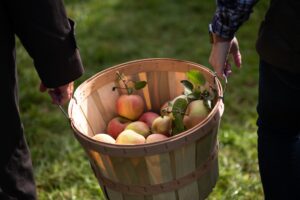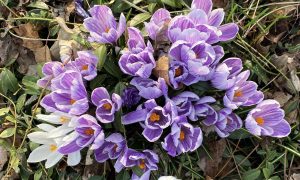This post was originally published on ALifeofCharacter.com
By Laura Crandall
How intuition and self-esteem brought me back from burnout.
I was supposed to be over-the-moon happy. I’d just completed the biggest thing on my List of Things That Would Be Wonderful To Do:
I’d graduated from Harvard.
The idea first emerged when I was 16 and beginning to think about college. But now I was old: I was 38. I’d followed a dream 22 years in the making and graduated with a master’s from the Harvard Graduate School of Education. I’d risked a lot to do it. I’d quit my job, sold a house, moved to Cambridge, and immersed myself in full-time academic rigor. I was proud of what I’d accomplished, standing there with a smile on my face and a diploma in hand. I was also a shell of a human being.
Part of why I decided to go to grad school when I did was that I had been dissatisfied with my work. I was on the edge of professional burnout: tired, frustrated, unable to focus, and disinterested in all of it. I thought the remedy was to hit the gas and go to grad school. The problem with flooring it when there is no fuel in the tank is that I was clinically burned-out by the time I graduated. I don’t mean I was just rundown or needed a long vacation. I mean I didn’t have a neuropeptide to my name. My blood-work showed it. I dropped weight, I was anxious, and I cried constantly. While I was diagnosed with anxiety and depression, I’d argue “Total Depletion” is a better term. My internal resources – energy, interest, spirit, focus, will – were gone, and I felt like a wraith drifting through the ether.
I knew I was in a bad spot, so I just did what I could to take care of myself, even though everyday felt like moving through sad and heavy molasses. I asked people for help. I tried to eat well. I ran and did lots of yoga to keep some semblance of serotonin in my bloodstream. I was going to therapy and meditating. I was journaling and doing all of the self-care a person can imagine. I moved in with friends who were, on most days, simply helping me stay upright. And during all of this I was still trying to be creative and productive. I’d just earned a graduate degree from freakin’ Harvard – I was supposed to be able to do fabulous and important things.
But I’d stopped sleeping. The insomnia was devastating. I’d just go lie down from time to time and hope for the best. I had always been a champion sleeper, so I tried to remember what sleep was and hoped my body would find its way.
One afternoon I was lying on my bed just staring at the wall, not sleeping. I was trying to remember how to be the gregarious person I had been a year before. I was trying to remember all the things I knew to be true about being a compassionate, smart, and self-aware human being. I remembered that I knew those things, but I couldn’t figure out how to use any of that information.
Then a vision appeared in my mind’s eye along the wall of my bedroom: it looked like a pegboard, one you might see in a workshop. All of the tools that I’d gathered in my life to date were on that wall.
Tools for confidence and clarity.
Tools for courage and health.
Tools for discovery and learning.
Tools for joyfulness and play and high hilarity and throwing epic parties.
And I couldn’t reach any of them. They were all too far away. All I could do was lie there and see them. Then a clear thought emerged with a slow wash of calm as this sentence came to me: “It’s okay because you have faith in yourself.” It was a statement of absolute certainty. It was not an encouragement or a wish. It was a fact and completely true. I wept with relief and I slept.
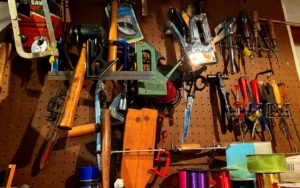
I was so relieved that I could finally see my tools. They were out of reach but they were there. I knew that I had developed them with intent, over time. I knew I’d be able to use them again.
In the moment of sensing all of my internal resources so clearly on that envisioned pegboard, I reconnected to what I have come to believe is the single-most important thing a person can have: faith in one’s self. I knew it from my bones to my hair to every inch of my aura. I had faith that I’d be able to reach those tools and be able to make good use of them again. I knew I would eventually become revitalized. I didn’t just hope for faith in myself – I had it.
What is your intuition based on but you having faith in yourself?
The feeling was different than self-confidence. I’m a fairly self-confident person. Some days that looks like “fake-it-’til-you-make-it,” some days it’s just being willing to try and fail or goof, and some days it’s just doing the best you can with what’s around. Self-confidence makes walking around in the world a little easier. Faith in myself felt different. Even the phrase “faith in myself” feels linguistically inaccurate in context of how we typically use that idea today.
What it actually felt like was “I have faith inside of myself about the being that is me.” The faith I felt was sacred. It was also not a sense of “I can do this” or “I know I can buck-up and save myself.” On the contrary. It was a softer sensibility that let me know I was okay on a very profound level. It allowed me to see myself in that depleted space with incredibly high esteem – self-esteem – and clear intuition. In the moment of seeing my tools I was no longer struggling to feel better. I just knew I would feel better one day. It was a gentle lightning bolt of hope when I had been at the edge of despair.
The process of recovering from burnout is as different for people as the ways and circumstances in which burnout happens. For me the process of shifting from being fully depleted to mostly restored happened over the course of about four years. And that was fine, even though it was also sometimes agonizing, frustrating, and sad.
It was fine because I had faith in who I was and who I had become in my heart and my spirit. I trusted myself and knew I was up to the job. It was an exercise in being present for and with myself every day. It was also a process of reconnecting the severed aspects of me – body, mind, and spirit – that the fully-intellectual environment at Harvard had done such an adept job of keeping separate.
That culture demands that people prove and justify themselves and their thoughts, ideas, and aspirations with intense scrutiny every single day. In many ways it probably should – intellectual and scientific rigor are vital for an informed and prosperous society. But it mistakenly communicates to its community that there is little room for the deep wisdom of the body and the spirit, for the pieces that connect us to the larger, joyous world. Without all of those elements in communion with one another, we can be disconnected from our tools, our sense of faith in ourselves, and from our character.
Today, 11 years later, I feel so lucky to be able to write this. I am glad I went to Harvard. I’m glad I lived to tell the tale. The moral of the story for me is this: there is no real need to separate any part of ourselves because the dominant paradigm thinks we should. It’s not good for us and it’s not good for the dominant paradigm. Trying to fix burnout by becoming busier and more stressed is a recipe for pain. How might I have thrived differently had I stayed connected to my intuition while growing into my academic life? How might I have helped someone else if I had been able to use my self-confidence to connect to my self-esteem? I don’t know. But I hope that this post helps you today.
